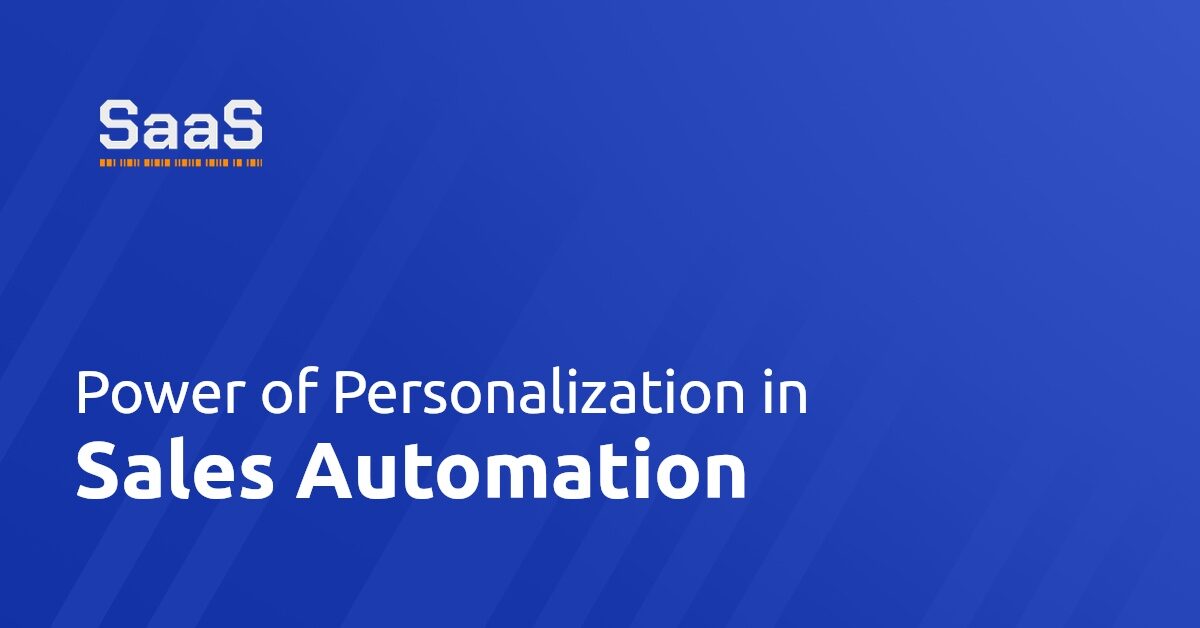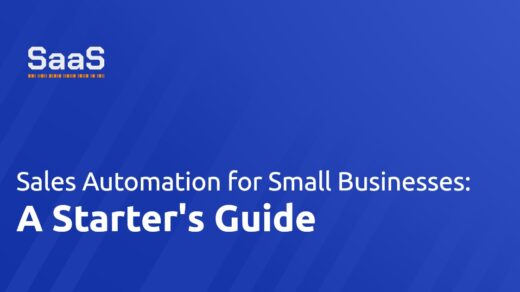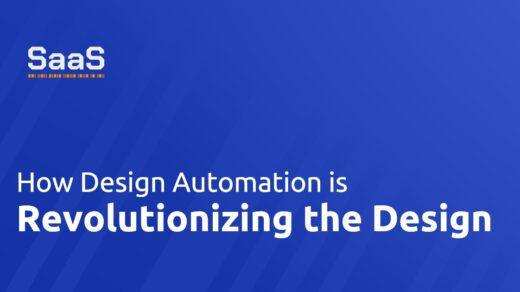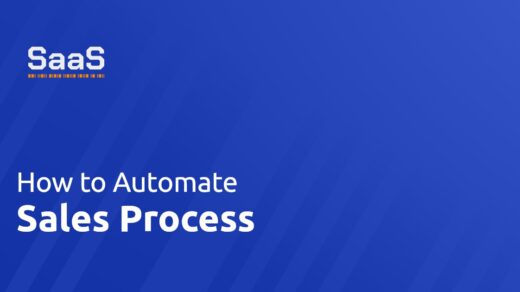Well, don’t you like a personalized t-shirt or, a personalized room décor where color, furniture everything is according to your preference. Yes, right. Everyone likes it. So, customers like personalized products too and hence they want a personalized market. So, personalizing increases our chances of conversion by introducing personalization in marketing.

Sales automation has altered business operations, increasing productivity by simplifying procedures. But, as automation advances, there is a danger of losing the human touch in client interactions. Personalization combined with sales automation, on the other hand, may provide a distinct customer experience that not only increases sales but also promotes brand loyalty.

- Understand your target audience: To tailor your marketing strategies, you must first identify your target demographic. You may use information about your consumers’ preferences, interests, and behaviors to create marketing plans that are targeted to them.

- Customize your communication: By personalizing your communication, you can cater to the requirements of every customer. By studying customer behavior and preferences, you can craft personalized emails, social media posts, and other marketing messages that strike a chord with your target audience.

- Make customized suggestions: Using automated techniques, it is possible to provide clients with tailor-made product recommendations based on their browsing and buying history. By offering suggestions that align with clients’ interests and preferences, there is an increased likelihood of product purchases.

- Make use of customized topic lines: Tailoring subject lines to individual recipients has been proven to increase both the rate at which emails are opened and the level of engagement with the message.
- Personalize the sales process: By customizing the sales process, you can create a one-of-a-kind consumer experience that distinguishes you from your competition. Utilize automation solutions to personalize your sales pitches and follow-up conversations to the requirements and interests of each customer.

- Provide personalized support: Building brand loyalty requires personalized attention. Use automated techniques to deliver individualized support to each consumer, such as sending follow-up emails following a transaction or providing customized help based on their browsing history.

- Measure the impact of personalization: Analytic techniques may be used to assess the impact of personalisation on sales and customer satisfaction. You can discover what works and what doesn’t by measuring metrics like open rates, click-through rates, and conversion rates and making data-driven decisions.

To summarise, customization is a strong sales automation tool that can help you increase sales and generate brand loyalty. You can create a unique customer experience that distinguishes you from your competitors by knowing your audience, tailoring your communication, offering personalised recommendations, using personalised subject lines, personalising the sales process, providing personalised support, and measuring the impact of personalization.







